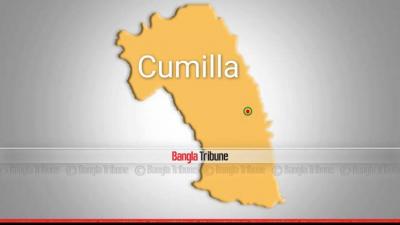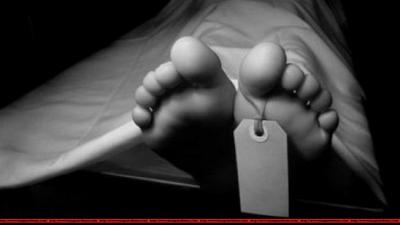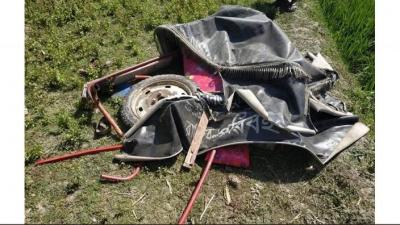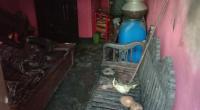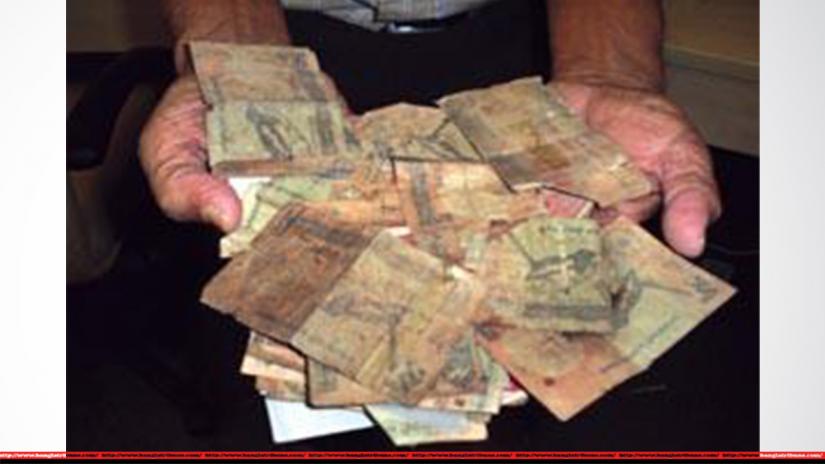 Currency notes are highly contaminated with harmful ‘E-Coli’ and ‘Faecal Coliform’ bacteria, says a study.
Currency notes are highly contaminated with harmful ‘E-Coli’ and ‘Faecal Coliform’ bacteria, says a study.
The study titled ‘Study on the Bacterial Contamination on Paper Money and Coins of Khulna Area’ was carried out by final-year undergraduate student Nishat Tasnim of Khulna University’s Environmental Science Department.
Currency notes (Taka) and coins collected from 15 sources over a period of six months were tested in the lab and showed that notes taken from butchers, fish and chicken traders have the highest number of bacteria and faecal bacteria, confirmed the research supervisor Dr Abdullah Harun Chowdhury.
“Many people often consume food after touching money which is greatly harming them,” he said and added that another large scale research is on the cards.
Responding to queries on the study, Khulna Medical College Medicine chief Dr SM Kamal said that there are times when the money falls into drains and the owner still reuses it.
“The bacteria found in the research carried out at Khulna University are usually found in faeces,” he said.
He added that the bacteria found in currency notes cause diseases including urinary tract infection.
The study found the following: The study also found a significant number of E-Coli bacteria in the coins of Juice Sellers: 2,600, street food shops: 1,790 and fuchka shops: 1,250.
The study also found a significant number of E-Coli bacteria in the coins of Juice Sellers: 2,600, street food shops: 1,790 and fuchka shops: 1,250.
It also found 2,060 faecal bacteria in the coins of fruit traders, 1,570 in street food shop, 1,460 in fuchka shops, 1,200 in the coins of regular people 1,200 and 1,080 in the coins of beggars.
Bacteria were also found in two other sources of coins and notes but the number was less than 1,000.
According to Khulna Medical College Hospital Assistant Registrar Dr Partha Pratim Debnath more than 1,000 bacteria are harmful to health.
 Country
Country
30898 hour(s) 56 minute(s) ago ;
Morning 05:50 ; Friday ; Apr 26, 2024
Currency notes rich in bacteria: Study
Send
Hedait Hossain, Khulna
Published : 02:00, Aug 18, 2019 | Updated : 02:00, Aug 18, 2019
Published : 02:00, Aug 18, 2019 | Updated : 02:00, Aug 18, 2019
0 ...0 ...
/st/
Topics: Top StoriesExclusive
- KOICA donates medical supplies to BSMMU
- 5 more flights to take back British nationals to London
- Covid19: Rajarbagh, Mohammadpur worst affected
- Momen joins UN solidarity song over COVID-19 combat
- Covid-19: OIC to hold special meeting
- WFP begins food distribution in Cox’s Bazar
- WFP begins food distribution in Cox’s Bazar
- 290 return home to Australia
- Third charter flight for US citizens to return home
- Dhaka proposes to postpone D8 Summit
Unauthorized use of news, image, information, etc published by Bangla Tribune is punishable by copyright law. Appropriate legal steps will be taken by the management against any person or body that infringes those laws.
Bangla Tribune is one of the most revered online newspapers in Bangladesh, due to its reputation of neutral coverage and incisive analysis.
F R Tower, 8/C Panthapath, Shukrabad, Dhaka-1207 | Phone: 58151324; 58151326, Fax: 58151329 | Mob: 01730794527, 01730794528

